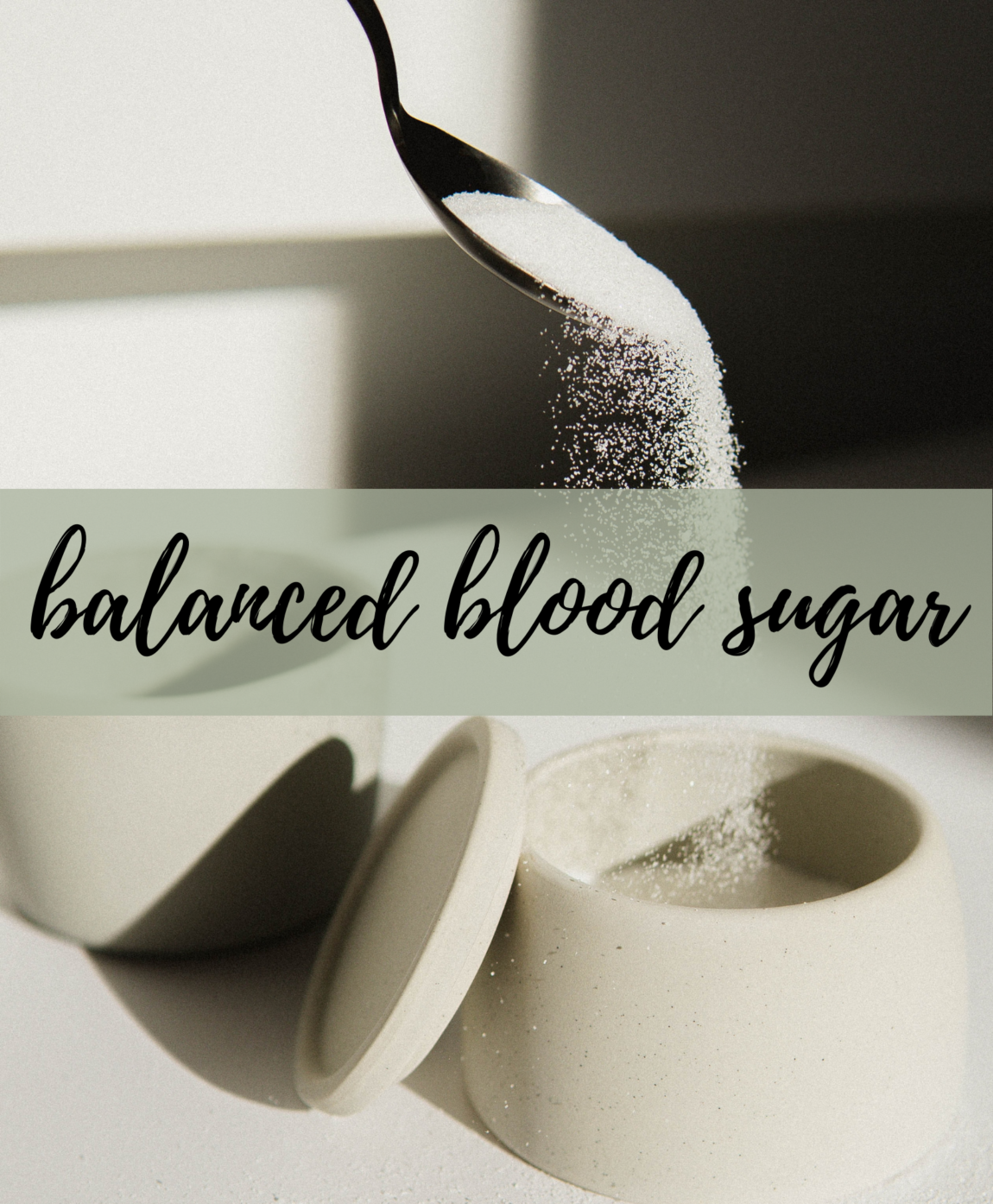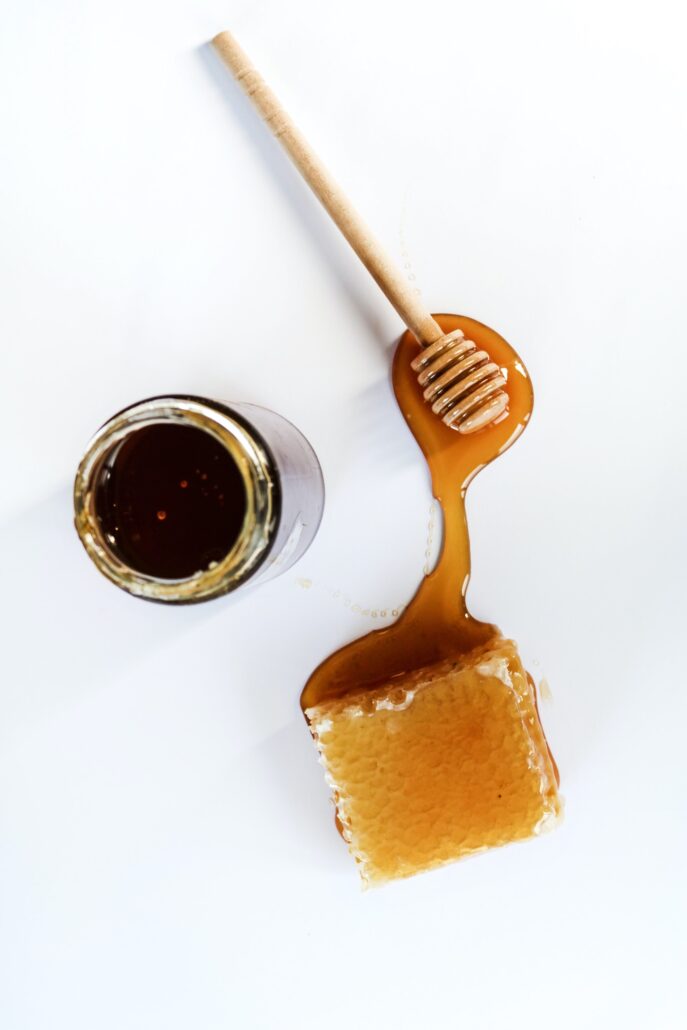Balanced Blood Sugar

Like digestion, your blood sugar has a huge impact on your overall health. Yet it’s not something we talk about very often. Unfortunately, when you experience blood sugar dysregulation, this can lead to a host of different health issues. According to the CDC, more than one-third of Americans have symptoms that match metabolic syndrome. Metabolic syndrome is linked to insulin resistance, which unfortunately is a precursor to type two diabetes. “Insulin is a hormone made by your pancreas that helps sugar enter your cells to be used as fuel. In people with insulin resistance, cells don’t respond normally to insulin and glucose usa replica rolex yacht master mens 116695 rolex calibre 2813 silver tone 12mm can’t enter the cells as easily. As a result, your blood sugar levels rise even as your body churns out more and more insulin to try to lower your blood sugar.” 2.
Glucose, when your body is properly functioning, is converted into ATP – energy for the body. So yes we do need naturally occurring sugars! But everyone is bioindividual and there is an ideal amount we each need. Excess glucose is stored in our livers as glycogen. But there is a limit to how much our bodies can store and this will change based on our size and metabolism. When our glycogen stores are full, excess glucose is stored as triglycerides (fat).
Our central nervous system (brain and spinal cord) controls our blood sugar in tandem with our pancreas, adrenal glands, adipose tissue, liver, and muscle. This is why it’s not only food that affects our blood sugar levels, but also our environment, stress levels, mood, and emotions. Insulin, a hormone produced from the pancreas, helps our body store access glucose in our muscle tissue, fat tissue, and liver when our blood sugar gets too high. When our blood sugar falls too low, glucagon, a hormone released in the pancreas, helps our liver, muscle, and fat tissue release glucose back into the bloodstream.
With easy access to highly palatable foods, high-stress lifestyles, and more toxic chemicals than we’ve ever been exposed to before, it’s no wonder so many people struggle with blood sugar dysregulation today. All of these lead to an unhealthy rise and crash in blood sugar, which cycles throughout our day.
When we start our days with high sugar meals (i.e. cereal, baked goods, juice, coffee), the stress of waking up, and rushing to get out of the house, we’re releasing a high amount of glucose into the body. The pancreas releases insulin to help compensate, but our bodies can pump out too much insulin causing a blood sugar crash. This often leads us to reach for quick energy in the form of more processed sugars and caffeine. Our pancreas will release more glucagon to help raise the blood sugar again. If the glucagon isn’t enough to raise our blood sugar, we enter the fight or flight mode. Cortisol and epinephrine are released to assist in raising blood sugar. When this cycle goes on and on, we’re left hungry, weak, and unsatisfied. This chronic up and down is causing a lot of stress on our entire body and is what leads to the host of issues we are experiencing today.

Now that we understand how our blood sugar works and affects our bodies, here are some tips for getting it under control:
Do not be afraid to eat fat! Some great sources of high-quality fats are: unrefined coconut oil and MCT oil, extra virgin olive oil, high-quality animal fats (grass-fed ghee, butter, and lard), avocado, free-range eggs, wild-caught fish, nuts and seeds, and if tolerated, grass-fed dairy – aim for whole/full-fat options.
Increase your protein intake. Go for grass-fed and finished beef, free-range chicken and pork, free-range eggs, wild-caught fish, scallops, legumes (if tolerated), and organic and non-GMO tempeh or tofu. I love using Butcher Box for high-quality meat from a source I trust.
Increase your intake of whole foods. So many processed foods contain added sugar and man-made chemicals. In general, it’s best to eat foods that do not come in packages.
When buying packaged foods, read ingredient labels. Know common names for sugar and avoid them. I created a free download for you that will help “Common Names for Sugar” You can download it here.
If you are already in a stressed state or sensitive to stress, avoid high-intensity exercise. Instead aim for walking, strength training, pilates, and gentle stretching.
Lastly, learn to manage your stress. Read, journal, do deep breathing exercises, get outside in nature, spend time with those you love, take up a new hobby, and just do things that bring you life.
Even though we live in a high-stress world with plenty of options for highly processed foods that can negatively affect our blood sugar, you ultimately can minimize your chances of chronic disease by learning to manage your blood sugar with the above lifestyle and dietary changes.
So, are you struggling with signs of blood sugar dysregulation? Fatigue, unsatisfied cravings, waking up in the middle of the night, confused hunger singles? Try my seven-day, no sugar challenge: 7 Days to Balance to help reset your blood sugar levels. And if you want personalized care, let’s chat.
By purchasing items from above, I receive a small commission. Thank you for your support.
Resources:
- https://www.cdc.gov/pcd/issues/2017/16_0287.htm
- https://www.mayoclinic.org/diseases-conditions/metabolic-syndrome/symptoms-causes/syc-20351916
- Blood Sugar Regulation Student Guide. Nutritional Therapy Association, Inc. 2020.
- Photo by Mathilde Langevin on Unsplash
- Photo by Danika Perkinson on Unsplash